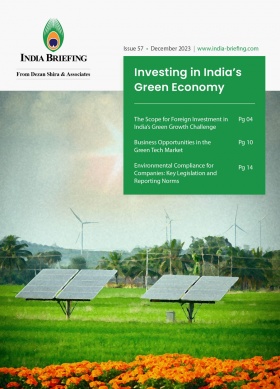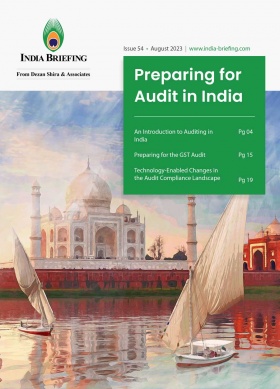Mauritius Government Amends its Double Tax Treaty with India to Align with BEPS MLI
Multinational corporations with corporate entities in India and Mauritius will likely face more stringent treaty rules under the implementation of BEPS MLI norms as Mauritius amends its double tax treaty with India.
On February 23, the Mauritius government decided to amend its double taxation avoidance agreement (DTAA) with India to better align with the OECD proposal on Base Erosion Profit Sharing. The move could prove challenging for foreign investment into India.
Mauritius signed the Multilateral Convention to implement the Tax Treaty Related Measures to prevent Base Erosion and Profit Shifting (MLI) on July 5, 2017. However, the MLI only applies to tax treaties that are ‘Covered Tax Agreements’ (‘CTA’)
In a public release of its Cabinet Decisions for February 23, 2024, the Mauritius government said : “Cabinet has agreed to the signing of a Protocol to amend the Double Taxation Avoidance Convention between the Government of the Republic of Mauritius and the Government of the Republic of India in order to comply with the Base Erosion and Profit Shifting (BEPS) minimum standards of the Organisation for Economic Co-operation and Development (OECD).”
This modification by the Mauritius Cabinet elevates the India-Mauritius tax treaty to the status of a covered tax agreement under BEPS MLI.
Experts say this will impact the anti-abuse and limitation of benefit rules, principal-purpose test, and inclusion of arbitration in the mutual agreement procedure.
The minimum standard for bilateral tax treaties involves addressing treaty shopping effectively by incorporating clear statements in titles and preambles to prevent non-taxation or reduced taxation through evasion or avoidance, also the clear goal of the OECD’s BEPS norms.
Under this framework, countries are required to include both a “limitation-on-benefits” (LOB) rule and a “principal-purpose test” (PPT) rule in their treaties, supplemented by mechanisms to tackle tax avoidance arrangements, such as a restricted PPT rule for conduit financing arrangements.
Initially, foreign portfolio and direct investors favored Mauritius as their preferred route due to the tax advantages provided by the DTAA. This agreement enabled foreign investors to circumvent capital gains tax by paying it in their home country, benefiting from Mauritius’s zero capital gains tax rate. However, the situation shifted in 2016 when it was decided that capital gains from investments in Indian companies made after April 1, 2017, would be subject to taxation in India. This alteration also impacted investments from Singapore, as its DTAA with India was linked to the one with Mauritius, thus subjecting Singaporean investments to the Indian tax regime.
Following the Double Taxation Avoidance Convention (DTAC) amendment in 2016, foreign direct investment (FDI) inflows from Mauritius decreased significantly, declining from US$15.72 billion in 2016-17 to US$9.39 billion in 2021-22 and US$6.13 billion in 2022-23. Consequently, Mauritius has now become India’s third-largest source of FDI. Indian companies have invested just over US$200 million in the last five years, per a 2022 report from the Ministry of External Affairs.
About us
India Briefing is produced by Dezan Shira & Associates. The firm assists foreign investors throughout Asia from offices across the world, including in Delhi and Mumbai. Readers may write to india@dezshira.com for more support on doing business in India.
We also maintain offices or have alliance partners assisting foreign investors in Indonesia, Singapore, Vietnam, Philippines, Malaysia, Thailand, Bangladesh, Italy, Germany, Australia, and the United States.
- Previous Article Tracking Countries That Accept India’s UPI Digital Payment System
- Next Article Outlook for Sovereign Wealth Fund Investments in India








